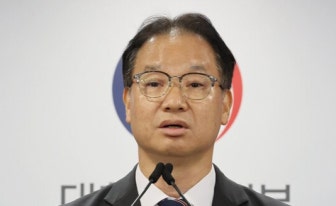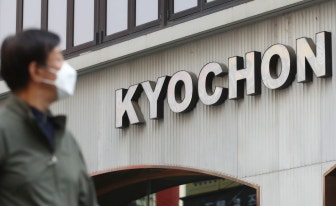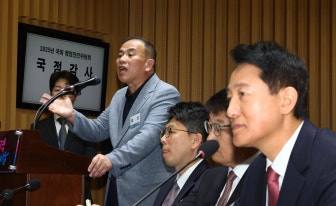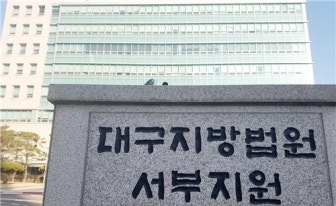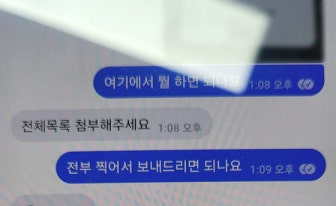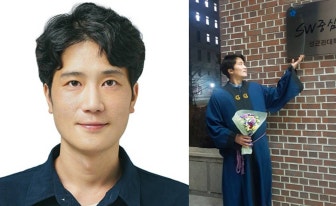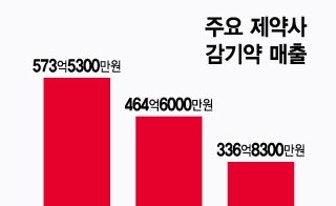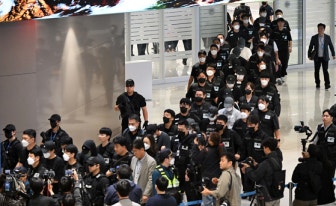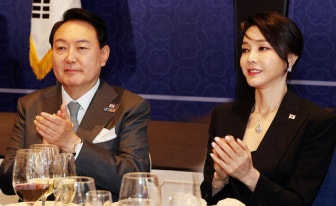Michael Green
The author is the CEO of the U.S. Studies Centre at the University of Sydney and the Henry A. Kissinger Chair at the Center for Strategic and International Studies.
U.S. President Donald Trump claims he has stopped eight wars. That number is debatable, but he deserves major credit for his recent Gaza peace deal. Phase One of the deal — a ceasefire, withdrawal of the Israel Defense Forces (IDF) to a new line, opening of aid in Gaza and the release of remaining Israeli hostages in exchange for Hamas and Palestinian prisoners — appears to be holding. The next phase is to establish permanent peace, disarm Hamas and remove it from governing Gaza, form a new administration led by Palestinian “technocrats” and explore a Palestinian state alongside Israel. These will all prove massively complex since Hamas will not voluntarily disarm, nobody knows who the Palestinian technocrats are, and Netanyahu’s coalition partners oppose creation of a Palestinian state. Nevertheless, the ceasefire, aid resumption and return of hostages represent a rare diplomatic and humanitarian success in the region.
Trump is obsessed with winning the Nobel Peace Prize. He pressured President Moon Jae-in and Prime Minister Abe Shinzo to nominate him for his diplomacy with Kim Jong-un. More recently, he reportedly resented Indian Prime Minister Narendra Modi for not joining Pakistan in nominating him after the de-escalation of India-Pakistan fighting. Some analysts say his fascination comes from Obama’s earlier win, while others link it to his background in beauty pageants and television. When the Nobel Committee awarded the prize to Venezuelan opposition leader María Corina Machado days after the Gaza agreement, the Trump White House reacted angrily, showing how much he craves recognition.
It is therefore reasonable to expect that Trump will look for other conflicts where he can add to his list of war-ending deals. With the upcoming APEC Economic Leaders' Meeting and travel to Korea, speculation has grown about a return to U.S.-DPRK summitry. But does the Gaza agreement make a breakthrough with North Korea more likely?
In Gaza, Trump played a decisive role, but conditions for a ceasefire already existed. Hamas was on the ropes: The IDF had decimated its fighters, and the group’s leadership in Qatar was desperate for breathing room. Hamas was also isolated after the Israeli strikes on Hezbollah in Lebanon and U.S. bombing of Iran. In Israel, public frustration was rising over Prime Minister Benjamin Netanyahu’s failure to free hostages. Domestically, Trump had the political space to pressure Israel thanks to Republican control of Congress — leverage his predecessor Joe Biden never had. Smart diplomacy and Trump family business ties also helped win Arab Gulf support.
None of these conditions exist with North Korea. Unlike Hamas, Kim Jong-un is under little pressure. He enjoys strong backing from China and Russia, unseen in decades. Moscow and Beijing are blocking any new UN sanctions, and Russia is supporting Pyongyang economically and technologically in return for North Korean soldiers fighting in Ukraine. The Kim regime shows no need for compromise, rejecting diplomacy with the United States and reconciliation with the South.
There is also less urgency than during the last Trump-Kim summit, when the world feared war over North Korea’s missile program. This time there is no imminent threat, and a new summit would lack the drama of 2018. To many, a Trump-Kim meeting would feel like a tired rerun rather than a high-stakes drama of war and peace. Trump, ever attuned to optics, would know that.
The question of what could be negotiated remains. Trump walked away from a deal in Vietnam in 2018 because Kim was not serious about denuclearization. While Gaza’s long-term peace remains uncertain, its ceasefire and hostage exchanges have earned global praise. If Kim’s proposals in 2018 were insufficient, it is hard to imagine he would offer more now, given his stronger position with China and Russia. Trump might pursue a formal end to the Korean War so he could claim another conflict ended, but without real denuclearization steps, there would be none of the euphoria or international acclaim that followed Gaza. Even Republicans in Congress would quietly resist dismantling the UN Command or deterrence forces on the peninsula.
Trump definitely does want to announce more deals. His hope for a big deal with China on trade is in trouble because of Beijing’s announcement of controls on critical mineral exports. Meanwhile, Putin is defying Trump on Ukraine. And Trump will be busy as the chair of the oversight committee he established to monitor progress on the Gaza deal. For Trump, the decision on diplomacy with Pyongyang will likely be determined by developments on these fronts as much as by anything that happens on the Korean Peninsula. We will learn more when he heads to Asia later this month.




















